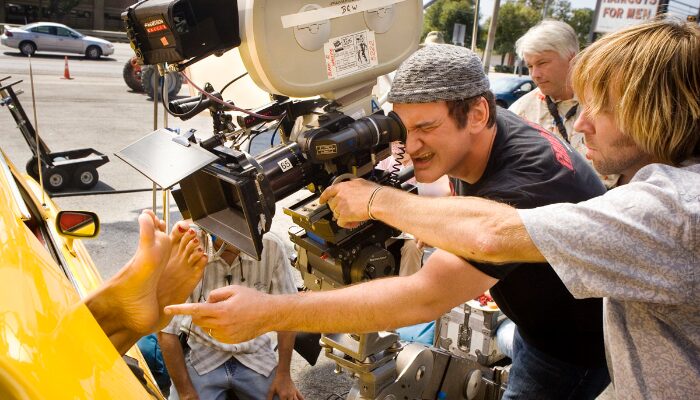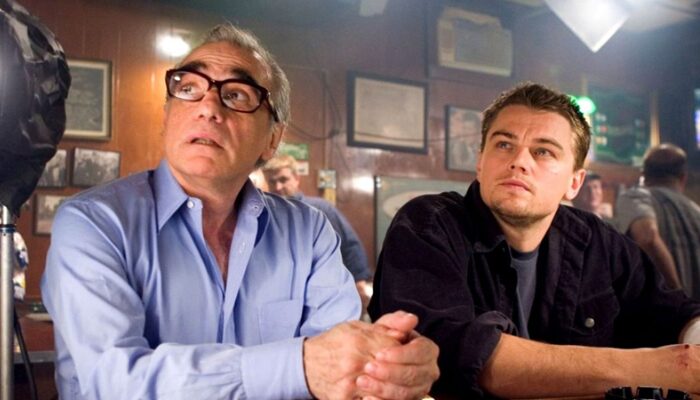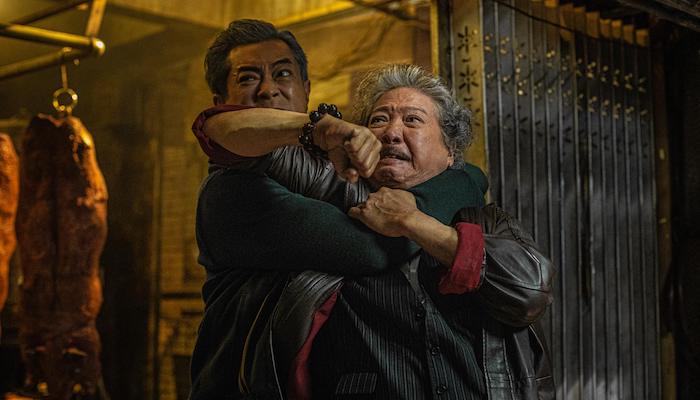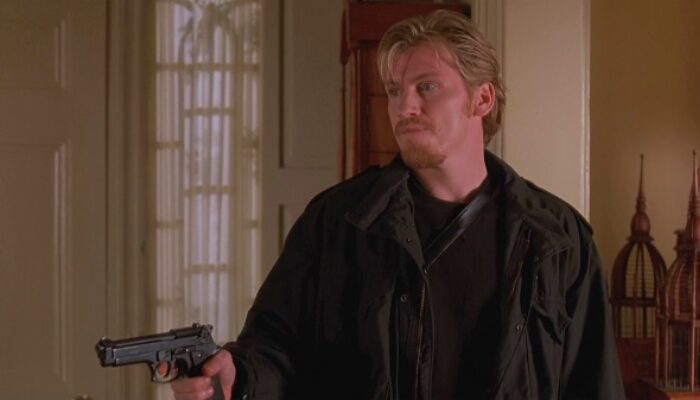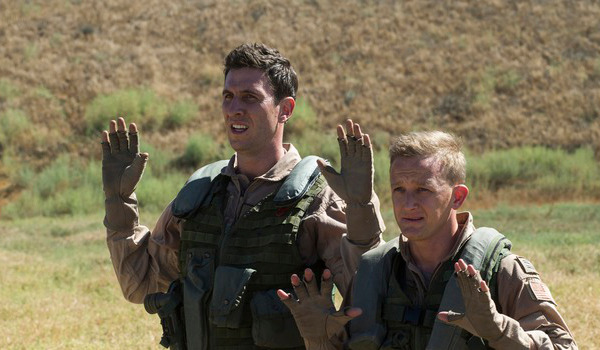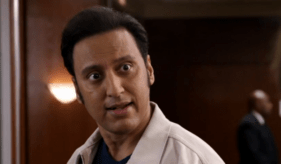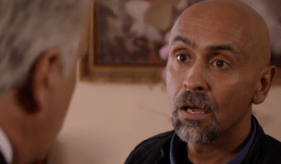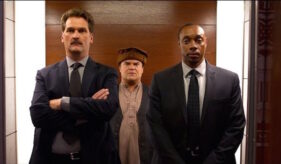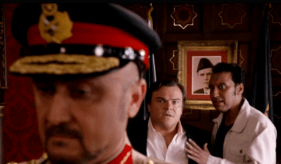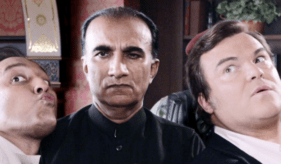TV Review: THE BRINK: Season 1, Episode 5: Swim, Shmuley, Swim [HBO]
HBO’s The Brink Swim, Shmuley, Swim TV Show Review. The Brink: Season 1, episode 5: Swim, Shmuley, Swim reminds Americans that nothing says funny like celebrating too soon before failing to prevent a war that doesn’t involve our territory. It’s the obstacles that prevent getting to the inevitable failure that this show is built upon thus far and there is no goof ball hyper exaggeration when the shit hits the fan–it just creates tension and failure–because handling war is a sleazy business. World War III might be on for good–at any moment–in this raunchy political climate, but even for all their flaws Alex (Jack Black) and Walter (Tim Robbins) are doing their jobs the best they can. Are their failures to blame on their preoccupations with women? Not yet, but this shared flaw keeps them compatible with the story premise in a messy scramble to their goal.
Maybe this is infuriating as it should be, and there are characters who embody this social conflict throughout the series. Some will earn comic payback by ripping out a catheter from Walter’s urethra. Others will ensue in hilarious struggles for dominance with Alex. This isn’t enough if you expect some mystifying bridge of story magic to appear between on screen and your life where you envision how sordid these guys would be to work around so you come to only satisfice with yourself as a would be character in these scenes of comedic darkness. The writers of this series are not suffering you.
And the characters will suffer each other endlessly. Fareeda (Melanie Kannokada) helps open a new line when she needs a favor Alex capitalizes on immediately to Rafiq’s (Aasif Mandvi) committed disdain. I sometimes wonder if other writers don’t understand story development in the context of a series. The Brink doesn’t drag or have filler material. It isn’t not funny when it is funny. The characters are relatable to some extent, but this is a comedy centered on bringing out the worst in people who have the most important task to append themselves to in the entire free world of haphazardly political schemes, strategy, and ideas. The only tangible way to make dastardly international relations funny is to put absurd ideas on screen via character in these grave conflicting battles.
It makes you wonder just how close the show comes to the idea of these roles in reality. Just how bizarre are the real life players in the world of State politics and war?
I love the seemingly unpremeditated timing of the series release with the Iran nuclear deal. The idiosyncrasy is a luminous touch which Jerry Weintraub undoubtedly gleaned on as a producer. If you have a chance, check out the documentary on HBO, His Way, about Weinraub’s life and career. He’s no model of perfect behavior or Hollywood business, but his story is over the top and worth watching. He is also a key player to identify with the representation of maleness in The Brink, but that which is well played on screen is often unlearned by characters and Jerry has learned some lessons on pause that drive this show to its namesake. Oh, especially Walter’s’ successful open marriage. That’s Jerry all the way.
Leave your thoughts on this review and this episode of The Brink below in the comments section. For more The Brink news, photos, reviews, and videos, visit our The Brink Page, subscribe by Email, “follow” us on Twitter, Tumblr, Google+, or “like” us on Facebook for quick updates.
Related Articles
FilmBook's Newsletter
Subscribe to FilmBook’s Daily Newsletter for the latest news!


